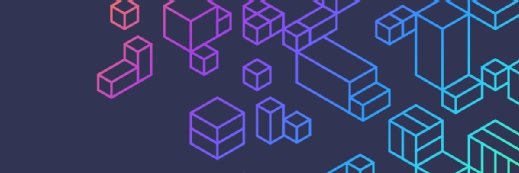
phive2015 - stock.adobe.com
AT&T blockchain effort includes IBM, Microsoft
AT&T has linked its IoT services to the blockchain offerings of IBM and Microsoft. The AT&T blockchain effort is aimed at retailers, manufacturers and healthcare organizations.
AT&T has introduced consulting and internet of things services for retailers, manufacturers and healthcare organizations using IBM's and Microsoft's cloud-based blockchain technology.
The possible use cases for the multivendor services include asset management and data sharing within a supply chain. For the latter, blockchain would replace traditional SSL/TLS certificate-based cryptography models, which have several vulnerabilities.
Proponents claim blockchain is a securer alternative because it records information through a distributed database ledger held by all participants in a transaction. No party can make changes to the ledger without the knowledge or approval by the other parties.
IBM and Microsoft are both trying to build a business around blockchain as a service, and the recent AT&T blockchain announcement shows the carrier is ready to join their effort.
AT&T blockchain with IBM
AT&T has integrated its Asset Management Operations Center with IBM's Maximo Network on Blockchain and Maximo Asset Health Insights. Asset Management Operations Center is an online centralized console for tracking and monitoring equipment and other IoT devices.
The IBM blockchain service lets businesses securely share data with people or groups through a digital ledger. The ledger's creator determines who can access it and the types of transactions each participant can perform.
IBM's blockchain technology is available for Maximo Asset Health Insights, which tracks the condition of corporate equipment. The monitoring helps avoid downtime by signaling when to perform maintenance before a breakdown.
AT&T blockchain with Microsoft
With Microsoft, AT&T is integrating its IoT platform with Microsoft's Azure-based blockchain technology. Available services for IoT devices include monitoring, management and network connectivity.
Microsoft provides tools for technology and security teams that want to try blockchain in the cloud. The tools let developers build supply chain-related blockchain applications using standard Microsoft development libraries.
IBM and Microsoft are just two of a growing number of vendors -- new and established -- building blockchain applications and tools. For example, startup Guardtime provides secure supply chain connectivity through blockchain and longtime business application vendor SAP offers the technology as a service in its SaaS cloud.
Worldwide spending on blockchain technology will increase at an annual rate of 73%, reaching $11.7 billion in 2022 from $1.5 billion this year, according to IDC. The analyst firm expects the financial industry to spend the most this year, followed by the retail and professional services industries and manufacturing.








